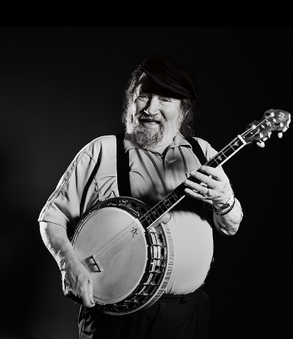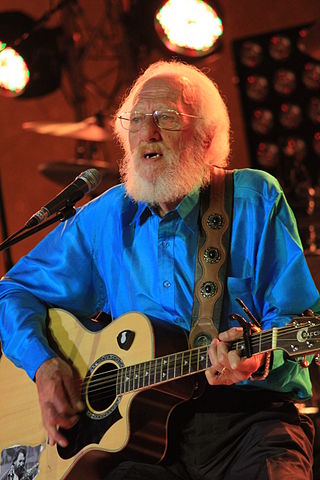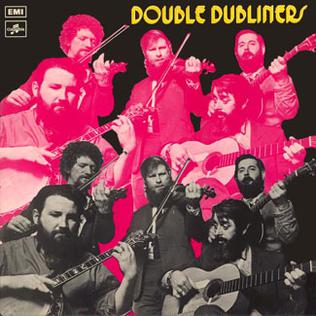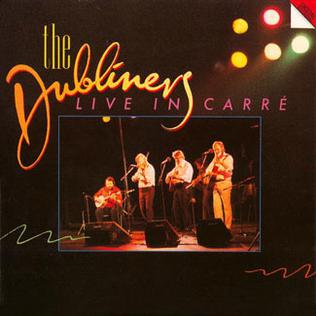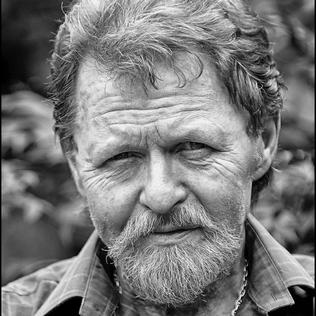The Dubliners | |
|---|---|
 Ciarán Bourke, Luke Kelly, John Sheahan Barney McKenna, Ronnie Drew | |
| Background information | |
| Origin | Dublin, Ireland |
| Genres | Irish folk |
| Years active | 1962–2012 |
| Labels | Columbia, Epic, Legacy, Major Minor, EMI, Transatlantic, Polydor, Stiff, CHYME, Lunar, Harmac, Baycourt |
| Past members | Ciarán Bourke Ronnie Drew Luke Kelly Barney McKenna Bob Lynch John Sheahan Jim McCann Eamonn Campbell Paddy Reilly Patsy Watchorn |
The Dubliners were an Irish folk band founded in Dublin in 1962 as The Ronnie Drew Ballad Group, named after its founding member; they subsequently renamed themselves The Dubliners. The line-up saw many changes in personnel over their fifty-year career, but the group's success was centred on lead singers Luke Kelly and Ronnie Drew. The band garnered international success with their lively Irish folk songs, traditional street ballads and instrumentals. [1] The band were regulars on the folk scenes in both Dublin and London in the early 1960s, and were signed to the Major Minor label in 1965 after backing from Dominic Behan who was paid by Major-Minor to work with the Dubliners and help them to build a better act fit for larger concert hall venues. The Dubliners worked with Behan regularly between 1965 and 1966; Behan wrote numerous songs for this act including the song McAlpine's Fusiliers created specifically to showcase Ronnie Drew's gravel voice. They went on to receive extensive airplay on Radio Caroline which was part-owned by Phil Solomon CEO of Major Minor, and eventually appeared on Top of the Pops in 1967 with hits "Seven Drunken Nights" (which sold over 250,000 copies in the UK) [2] and "The Black Velvet Band". Often performing political songs considered controversial at the time, they drew criticism from some folk purists and Ireland's national broadcaster RTÉ had placed an unofficial ban on their music from 1967 to 1971. During this time the band's popularity began to spread across mainland Europe and they appeared on The Ed Sullivan Show in the United States. The group's success remained steady right through the 1970s and a number of collaborations with The Pogues in 1987 saw them enter the UK Singles Chart on another two occasions. [3]
Contents
- Formation and history
- Origins
- Members of the group
- Later changes and tours
- Reunions
- 25th anniversary
- 40th anniversary
- 50th anniversary
- Success
- Personnel
- Members
- Guest musicians
- Line-ups
- Discography
- Original albums
- Compilation albums
- Video
- Irish Chart singles
- UK Chart singles
- References
- External links
The Dubliners were instrumental in popularising Irish folk music in Europe, though they did not quite attain the popularity of The Clancy Brothers and Tommy Makem in the United States. They influenced many generations of Irish bands, and their legacy can to this day be heard in the music of artists such as The Pogues, Dropkick Murphys and Flogging Molly. Much adored in their native country, covers of Irish ballads by Ronnie Drew and Luke Kelly tend to be regarded as definitive versions. One of the most influential Irish acts of the 20th century, they celebrated 50 years together in 2012, making them Ireland's longest-surviving musical act. [4] [5] Also in 2012, the BBC Radio 2 Folk Awards bestowed them with a Lifetime Achievement Award. [6] The Dubliners announced their retirement in the autumn of 2012, after 50 years of performing, following the death of the last living original member Barney McKenna. [7] However, some members of the group continued touring under the name of "The Dublin Legends", and as of 2021, Sean Cannon is the only remaining member of the Dubliners in that group, following the retirement of Patsy Watchorn in 2014 and the death of Eamonn Campbell in 2017.










